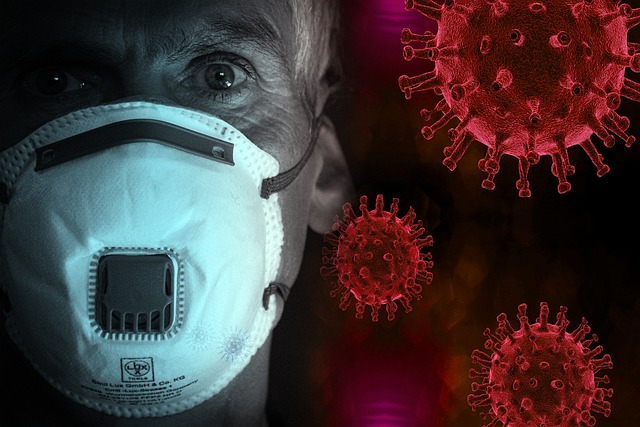Highlights
|
Background
Severe acute respiratory syndrome coronavirus 2 (SARS-CoV-2)-specific antibodies have been detected in human milk up to 6 weeks after coronavirus disease 2019 (COVID-19) vaccination.
We evaluated SARS-CoV-2-specific antibodies, neutralization activity, pasteurization effect, and persistence for 6 months after vaccination.
Methods
This prospective longitudinal study enrolled 30 pregnant or lactating women. Antibodies against SARS-CoV-2 and neutralization capacity were analyzed by enzyme-linked immunosorbent assay in comparison before vaccination and 1, 3 and 6 months after vaccination, and by Holder pasteurization.
Results
SARS-CoV-2-specific IgG levels in human milk peaked 1 month after vaccination and persisted above pre-vaccination levels for at least 6 months ( p = 0.005).
SARS-CoV-2-specific IgA was detected at 1 month and 3 months (both P < 0.001), but decreased at 6 months compared with baseline ( P = 0.07). Milk SARS-CoV-2-specific IgG and IgA were correlated with serum IgG at the same time point (R 2 = 0.37, P < 0.001 and R 2 = 0.19, P < 0.001).
Neutralization activity was observed in 83.3%, 70.4% and 25.0% of milk samples 1, 3 and 6 months after vaccination. Neutralization was most strongly correlated with SARS-CoV-2-specific IgG (R 2 = 0.57, P < .001).
Samples before and after pasteurization showed similar IgG (0.84 vs. 1.07, P = 0.36) and neutralizing activity (57.7% vs. 58.7% inhibition, P = 0.27) , but lower levels of IgM and IgA after pasteurization (0.09 vs. 0.06, P = 0.00). 004 and 0.21 versus 0.18, p = 0.043).
Conclusions
Data suggest that SARS-CoV-2-specific antibodies from human milk may be available to milk-fed infants for up to 6 months. Furthermore, donor milk from vaccinated mothers retains IgG and neutralizing activity.
What is known about this topic:
Data suggest that maternal vaccination with COVID-19 messenger RNA (mRNA) stimulates the presence of antibodies against SARS-CoV-2 in human milk for up to 6 weeks, but less is known about the duration of the neutralization capacity of antibodies and persistence after pasteurization.
What this study adds:
In this prospective longitudinal study of 30 lactating women, vaccination induced a strong SARS-CoV-2-specific antibody response in human milk that lasted at least 6 months and was correlated with neutralizing activity that is not significantly reduced by conventional methods. pasteurization.
















